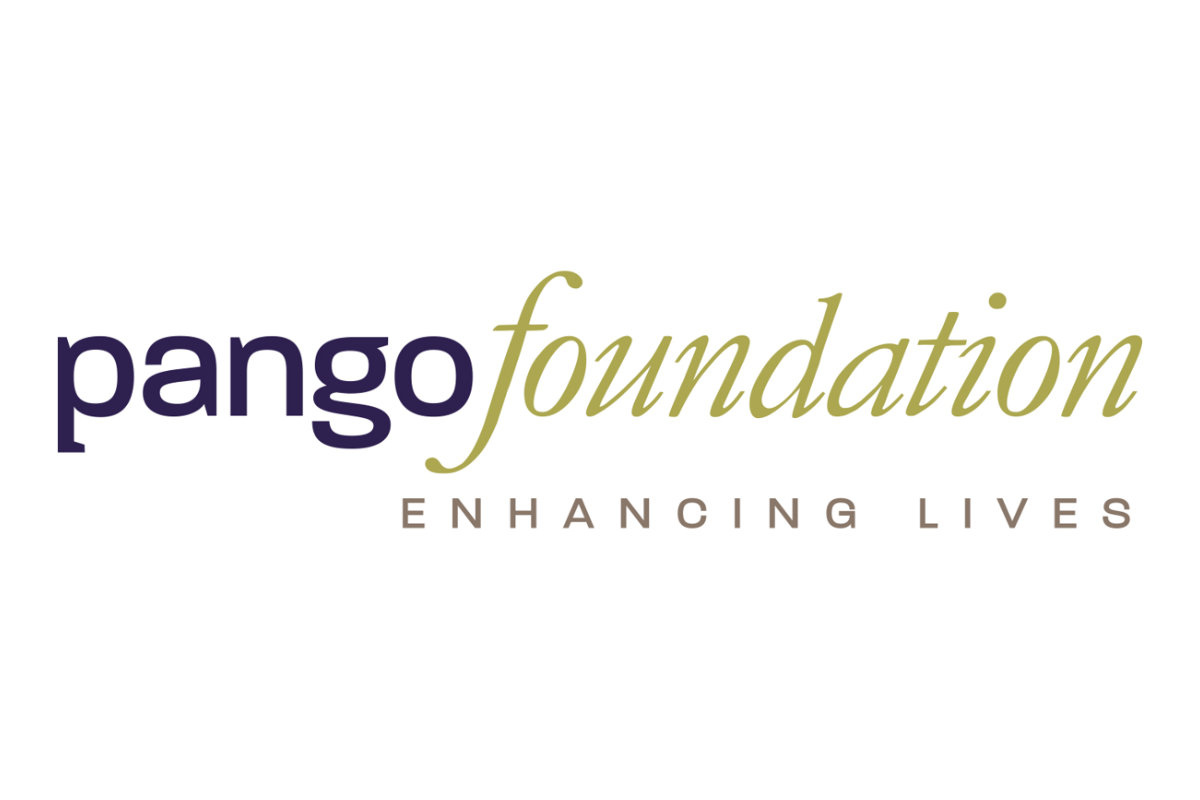Question
I am thinking about making an offer to purchase a home that is on the market at a very attractive listing price. My REALTOR® tells me it is a “short sale.” What should I expect as a buyer?
Answer
The first thing that comes to mind is patience! Short sales are unique real estate transactions that are unlike a traditional sale. Let’s dig a little deeper into what comprises a short sale and what you should know.
What is a short sale? A short sale is a sale in which the amount owed by the seller to lenders and other lienholders exceeds the equity in the property. You have probably heard of someone being “upside down in their home,” and that is exactly what this means. With a short sale, the seller seeks to obtain approval from the Bank(s) and/or Lien Holder(s) (short sale lenders) secured by the property to pay less than is actually owed by the seller at closing. The seller will often work with some type of short sale facilitator, who may also be the seller’s own Realtor.
What are some potential issues for a buyer?
There are a lot of issues that can potentially arise with a short sale, so let’s take a look at some of the most common roadblocks with this type of sale.
- Delays in Closing: The short sale process can be very long, in part because the short sale lender may have to obtain several levels of approval from investors. There may be multiple requests to the seller and/or their representative for additional documentation.
- Multiple Lien Holders: Having multiple lien holders can be very problematic. Commonly, there may be more than one mortgage loan, Homeowners Association (HOA) liens, personal tax liens, and judgments. All of these items will need to be cleared in order to close, and this can create additional delays. A buyer may even be asked to participate in paying these liens. It is a good idea to review the title report to try and anticipate how complex the approval process might end up being.
- Additional Expense for the Buyer: The bank could want an increased purchase price, or decline to pay some of the closing costs that are typically paid by the seller. It may be worth it to a buyer to accept the additional expense, assuming that they can purchase the home at a favorable price. Any changes to the terms of the buyer’s offer would be subject to buyer’s approval.
What are the typical steps for a short sale property?
- The seller contacts the lender(s) and lienholder(s) to find out what their requirements are.
- The seller submits a completed application, which may include the seller’s tax returns, an estimated closing statement, copies of the offer, and a letter explaining any hardship.
- The short sale lender determines what they consider the property to be worth, to confirm that the price the buyer is offering the seller is reasonable.
- The short sale lender conducts internal reviews of the items submitted.
- The short sale lender may “counter” by indicating the minimum they will accept as payment in full and/or the minimum sales price they will accept. They may limit the closing costs that can be charged to the seller in some fashion, to increase the “net” to the lender.
- The seller/listing agent presents the proposed changes to the buyer.
- Short sale approval is issued, and the escrow process begins, subject to the terms approved by the short sale approval.
- Escrow MUST close by the expiration date on the short sale approval.
Purchasing a short sale may be an excellent way to buy a home for below market value. However, you should not consider a short sale if you have a definite deadline/date by which you need to close escrow. Short sales are much better suited for buyers who have both patience and flexibility on their side. If this sounds like you, taking advantage of a short sale may be an advantageous option!
If you have any questions, please don’t hesitate to contact us. It’d be our pleasure to assist you!

Cynthia Moller
661.362.0400
cmoller@glenoaksescrow.com



